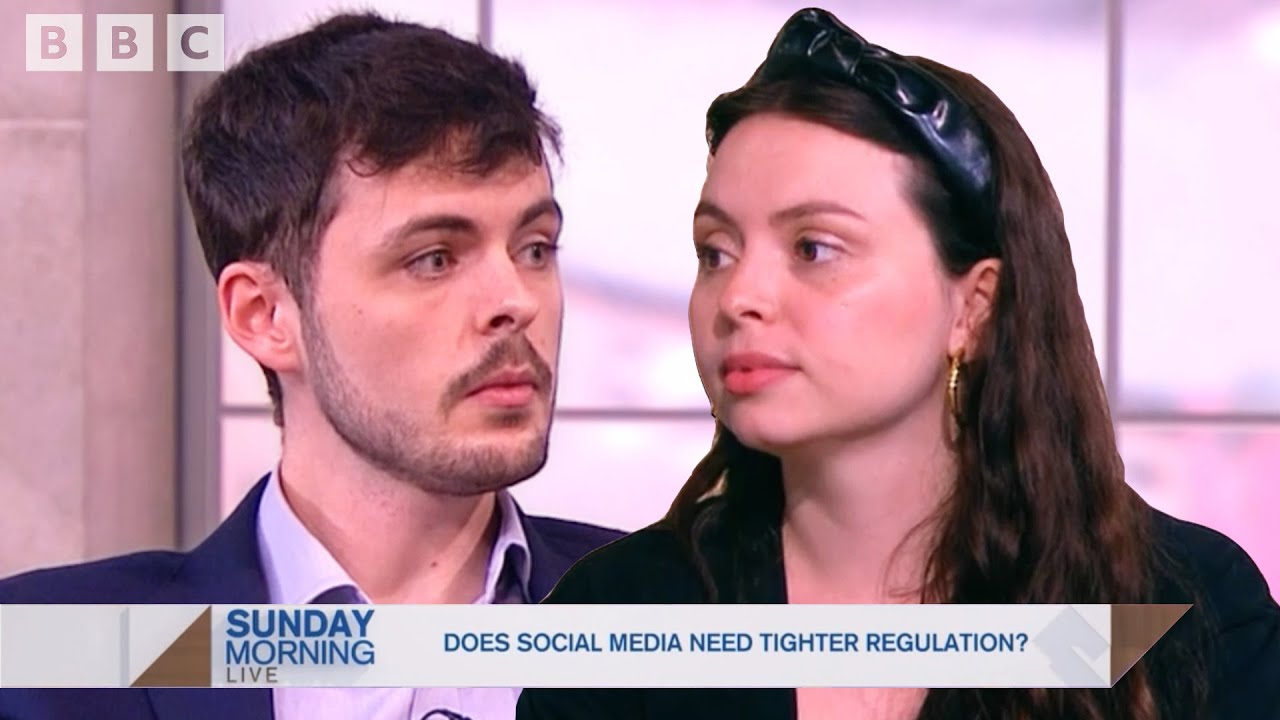Surely the answer is “Depends which bit of it you’re quoting.” For example, if you quote something that calls for genocide then, obviously, yes. But if you were to quote something relatively innocuous, then yes because you’re quoting from a book that, among other things, calls for genocide.
For example, if you quote something that calls for genocide then, obviously, yes.
I disagree. If you quote it in a manner that encourages genocide, then yes, absolutely. But if you properly contextualize the quote, there is no such possible quotation that should be outright banned. Context matters, and intent matters. It’s important to be able to discuss difficult subjects in a respectful manner, and sometimes that requires verbatim reproduction of hateful artifacts of speech.
deleted by creator
Free speech, sure.
Freedom from consequences, absolutely fucking not.
deleted by creator
Ah, my good old friend the slippery slope fallacy. I haven’t seen you for checks watch a couple of days.
deleted by creator
I haven’t watched the vid and cannot right now. But responding to the comment above, it should be “forbidden to say unpleasant things” when the law makes it illegal, because the law comes from the elected legislature in a democracy (i.e., ≈ the collective will of the people). This is not about cushioning people from unpleasantness, it’s about not breaking laws that exist for a reason.
When should it be made illegal to say such things? When we collectively and democratically agree that it leads to net negative societal outcomes; for example, quoting the worst of the Old Testament, or Hitler’s Mein Kampf in the context of uncritically calling for genocide or apartheid is already illegal in some countries, because we know exactly where this leads. It’s not the books themselves that are problematic, it’s advocating for illegal things like discrimination or mass murder based on race, beliefs, etc. Anyone advocating for such things is already legally liable under several jurisdictions, regardless of whether they couch their argument in some third-party written text.
Such laws were enacted precisely because of historical lessons learned at an expensive cost to humanity. We don’t have to repeat the same experiments just because we didn’t live through that era.
Its a bad idea to rely on the good will of the majority when handing out rights. I think its easy to see in places like America and the UK, and in some places in Europe, public sentiment is slipping backwards. Humans have some terrible impulses and will collectively act on them sometimes. Look at how trans people are being treated right now. Just because its been decided by the state legislatures in Florida that you can’t educate children about sex or gender identity or that exposing kids to the “speech” of dressing in drag is a criminal offense does not make it moral. And yes private companies are not bound to any government laws regarding speech and association. But the ideal of free speech is also worth cultivating beyond strictly state sanctioned violence. It is worth hearing and listening to what people have to say, even if their only value is to used as an example of what not to be or become.
Now you’re just putting words in my mouth. You clearly aren’t engaging in good faith so this conversation ends here. Have a nice day. :)
deleted by creator
Banned? No. Ridiculed? Absolutely!
These comments… tell me you didn’t watch the video without saying you didn’t watch the video…
There’s no debate to be had. Religion is a fairy tale.








